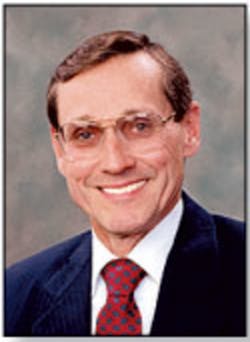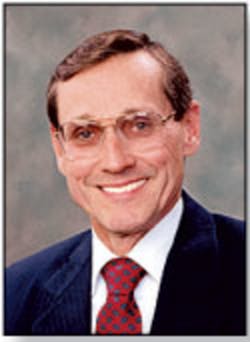I recently received a letter from one of our readers stating how he and some of his friends spent their time promoting and advancing the study of science at an elementary school in Slidell, LA. Without any funding from the local school system or the community, these World War II veterans captivated the students in the fifth grade at the Bonnie Ecole School every Thursday morning with their experiences during the war and afterwards while employed in the aerospace industry. Our reader, Greg Kaminski, a gunner on B17s and B29s, was accompanied by four pilots who served in the Pacific and European theaters during the war. All of them subsequently were employed at Lockheed-Martin Aerospace in New Orleans.
How these retirees went back to school as teachers is rather interesting. It seems that a student at a local school contacted the U.S. Air Force Academy for help on a science project. A professor at the academy wrote back that an enrollee at the academy lived in Slidell and suggested that the elementary school student contact the father of the undergraduate for help.
It should be noted that after leaving Lockheed-Martin, the retirees formed an informal club, primarily to stay in touch with one another. And it just so happened that the father of the academy student was a member of the retiree club. The teacher of the elementary school student contacted the retiree and asked him to talk to her science class. With that, Greg and his pals launched the Thursday Morning Science Class at Bonnie Ecole that operated from about 1998 to 2002.
Covering a broad array of topics, the first class kicked off with Greg acting as moderator accompanied by the four pilots. Each of the pilots, in turn, related his time during the war including training, where served, and flight missions. Greg likes to mention that one of the pilots, a 19-year old fighter pilot, was flying regular missions and hadn t yet gotten his automobile driver's license.
It wasn t just war episodes that were discussed because each of the retirees had later worked in the aerospace industry. In subsequent classes, they spoke about their jobs and a variety of other topics including aerodynamics, propulsion, electrical systems, electronics, flight controls, fuels, thermal controls, weightlessness, GPS, and space experiments to name a few.
The class sessions were more than a sharing of experiences because the retirees realized a sense of accomplishment in what they were doing. They felt good about passing along things they had learned and observed in their careers. This was not out-of-the-book information they were offering but actual job-related facts that had been acquired over the years. It was an enjoyable time when they were in the classroom.
If any readers are interested in starting their own Thursday Morning Science Class at a nearby elementary school, contact me for Greg's phone number. I m sure he ll be glad to give you plenty of advice on how to make the initial contacts with teachers at the schools, how to gather the support and participation of experienced class presenters whether retired or not, how to operate a successful program, and how to enjoy the rewards of giving something so very important and useful to tomorrow's scientists and engineers.


